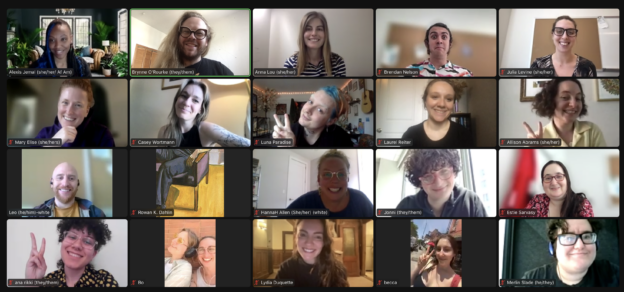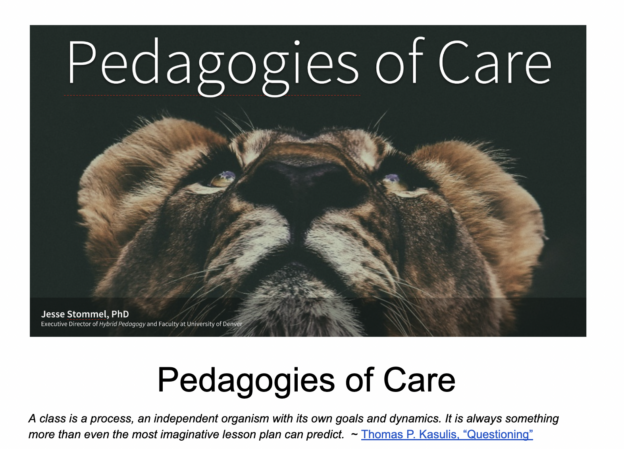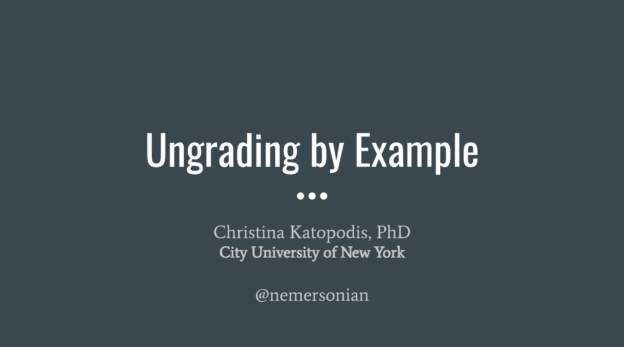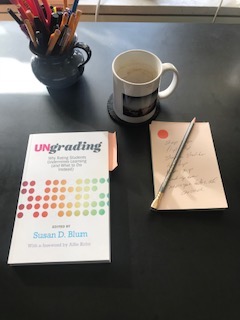Transforming Awareness into Action: Student Created and Led Applied Theatre Workshops
Dr. Alexis Jemal, associate professor at Silberman School of Social Work – Hunter College, developed the first iteration of an MSW elective course, Critical Social Work: Bridging the Micro-Macro Divide, in 2019 and piloted the course in 2020. This class was and is grounded in her Visionary, Philosophical Artivist (theoretical and practice-based) framework to raise critical consciousness and then tap into radical imagination to convert that consciousness into action. Dr. Jemal, with her collaborators from the Masters in Applied Theatre program at CUNY School of Professional Studies, Brynne O’Rourke and Tabatha Lopez, revised the spring 2021 course to integrate applied theatre as the modality through which we bridge the micro-macro divide.
“Applied Theatre” is an umbrella term used to describe a wide range of theatre and drama practices that are often socially engaged, politically inspired, and non-traditional in form, context and venue (e.g., teaching settings, the justice system, health care, the political arena, community development, and social service agencies). Applied Theatre can be a tool for Social Work – education, research, and practice. Continue reading






